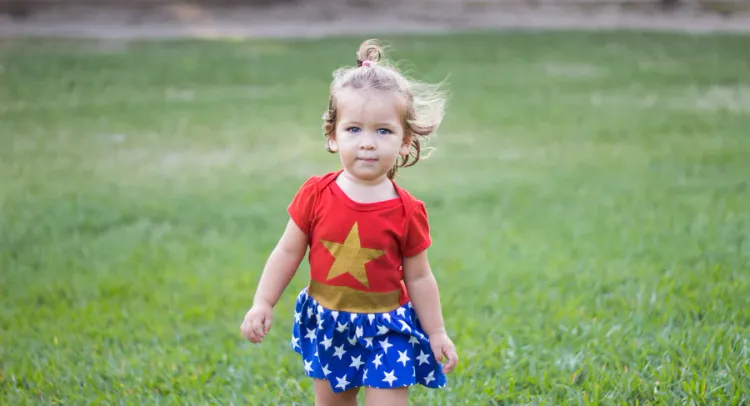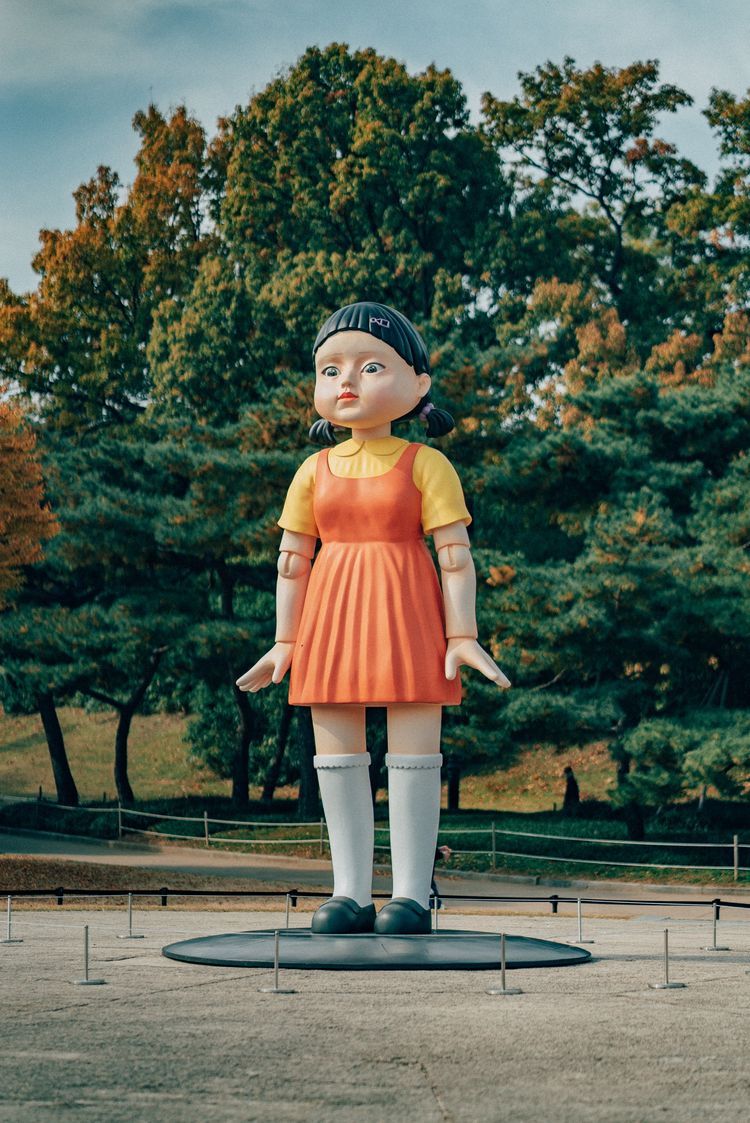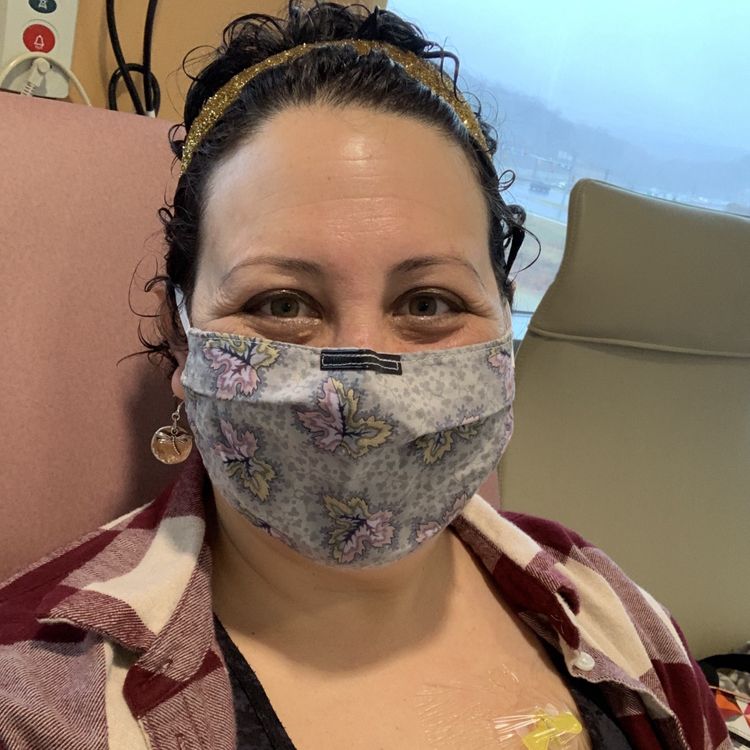Elijah McClain: Say His Name
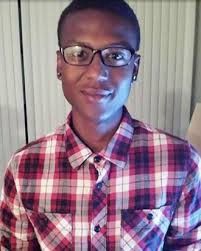
When being articulate, but different, can still harm you

Elijah McClain. Say his name: Elijah McClain. As we are made aware of stories where black men are killed, accosted, or assaulted for walking down the street, Elijah McClain’s story hits harder for me personally. This was a sweet tempered young man who played his violin for lonely kittens during his lunch break.
His last words to the officers haunt me: “I am an introvert. I am just different.” Why does this story hit harder for me than the others? Because I have a son who is “different.” But my son is white and may have been treated differently than Elijah McClain in the same situation. But I don’t know if that is true, because my son is autistic and reacts aggressively to loud noises, sudden movements, and harsh voices. He puts his fingers in his ears, yells to be heard above the noise, and jerks away when touched.
For all intents and purpose, my son presents himself neurotypically. What does that mean? He appears to be a normal teeenage boy. He’s highly intelligent and articulate. He likes Star Wars and Lord of the Rings. He is frustrated by his younger siblings and is in the adolescent stage of eye rolls and grunts when addressed by his parents. He’s witty and has a sense of humor. He enjoys comic books and sleeping in.
Yet, when his environment is too loud or chaotic, he can react with a loud and combative voice of his own or he might flap his arms and jump up and down. When he hears a loud voice he flinches. He laughs awkwardly when someone is yelling at him. He cannot read social cues. Despite all of this, he presents neurotypically most of the time, masking his inclination to flap. I have noticed during his middle school years that he mimics how he thinks teenage boys should act, good or bad, but he does not interpret social cues to change his actions when it is warranted, because he can’t.
My son is now a teenager heading into high school. He is taller than I am and has all the moodiness of a teenage boy. He could be considered a threat when faced with an unexpected situation. I worry for him out in the world every single day. When he’s at school or at a social event at church or at an extracurricular activity I worry that other adults, teachers, students, and peers will not “get him.” If he were walking down the street wearing his hoodie because it makes him feel comfortable and safe, and if he was stopped by police officers, I would worry. I worry that he would not act “correctly.” I worry that he will flinch or flap, that he wouldn’t think to say, “I’m autistic” or “I’m different.” I worry that people who are not trained in identifying and working with autistic people will understand how to deescalate the situation especially when that autistic person looks neurotypical, a.k.a. “normal.”
Let’s go back to Elijah McClain. Did he even have a chance? He said, aloud to the police officers, “I am different.” He articulated that he could show them his ID, that he was gentle, that he was vegetarian, that he wasn’t throwing up on purpose. According to friend and former client, Marla Arnett, in the article What We Know about the Killing of Elijah McClain he had social anxiety. During times of heightened anxiety, a person will experience a flight or fight response. As a black teenager with social anxiety, did Elijah McClain even have a chance to explain and be heard? Was he heard? No. He was terrified and he died terrified. How does a gentle young man who spent his lunch breaks at animal shelters soothing cats and dogs with music die at the hands of the people who were supposed to protect him?
This brings to light that if articulate young black men are going to be killed for walking down the street, then people of color who are neurodivergent, and who have difficulty with overstimulation are definitely going to be murdered for resisting contact.
Even in an easy going setting, my son does not like to be touched. He has to be the one to initiate the high five or hug. In a state of heightened anxiety, he definitely does not like to be touched and will flinch and jerk away violently, resisting the contact. He cannot calm his system down to stop jerking away. We know this from first hand experience.
But my son is white, so his behavior might be excused. But I’ve also seen first hand that being different does not excuse his behavior. I’ve seen adults use a stern voice with him to control his “differences” and I’ve seen peers mock him when they didn’t think I’d see it. If he, as a white boy, has difficulty with physical contact and overstimulation, what does that mean for a young person of color who also resists physical contact for the same reasons?
Physical contact as well as loud noises can provide sensory overload so a person who might be introverted and demure during calm situations can become aggressive or resistant. Then what do we do? Do we deescalate the situation or with soft tones and slow movement or do we pin them to the ground to make them stop resisting.
Elijah’s story highlights that even saying, “I am different” did not guarantee his safety; neither did apologizing while vomiting stop him from being killed. He was given ketamine to subdue him. He was covered in abrasions and bruises.
I keep addressing his statement of “I am different,” because we need to protect the most vulnerable. In Elijah’s case the most vulnerable is black and “different.”
We need to demand education and change so that law enforcement can learn how to deescalate a situation before it goes left.
Elijah McClain died because someone saw a young black man with a ski mask waving his hands in the air while dancing to music. He was accused of resisting contact, but read his last words in the article presented by Upworthy. His words are gut-wrenching.
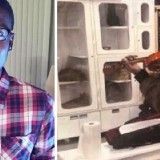
He was willing to sacrifice his identity to save his life. He was willing to do anything. He was met with violence
Say his name: Elijah McClain and demand justice. Demand change. Demand accountability. Say his name: Elijah McClain.
